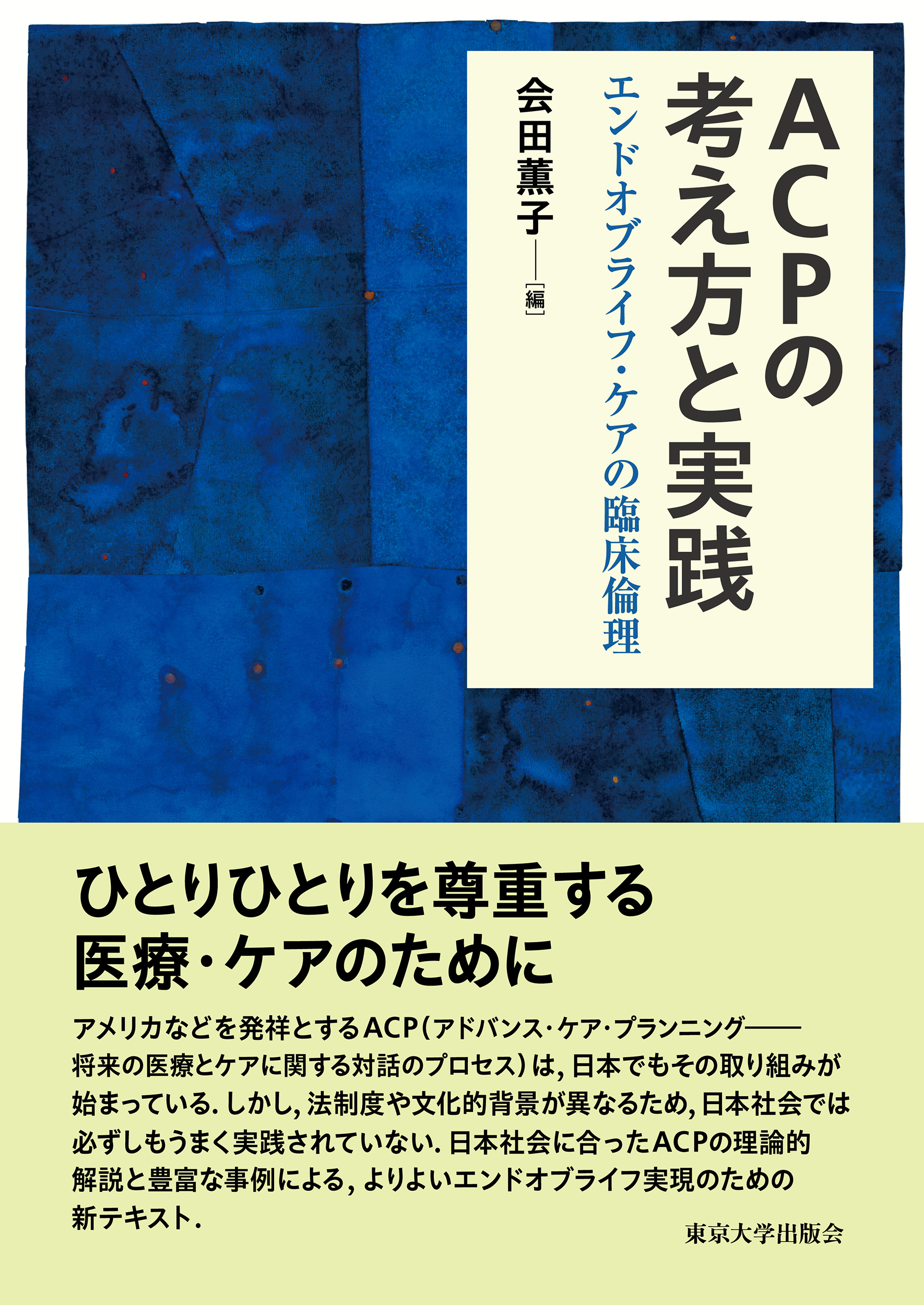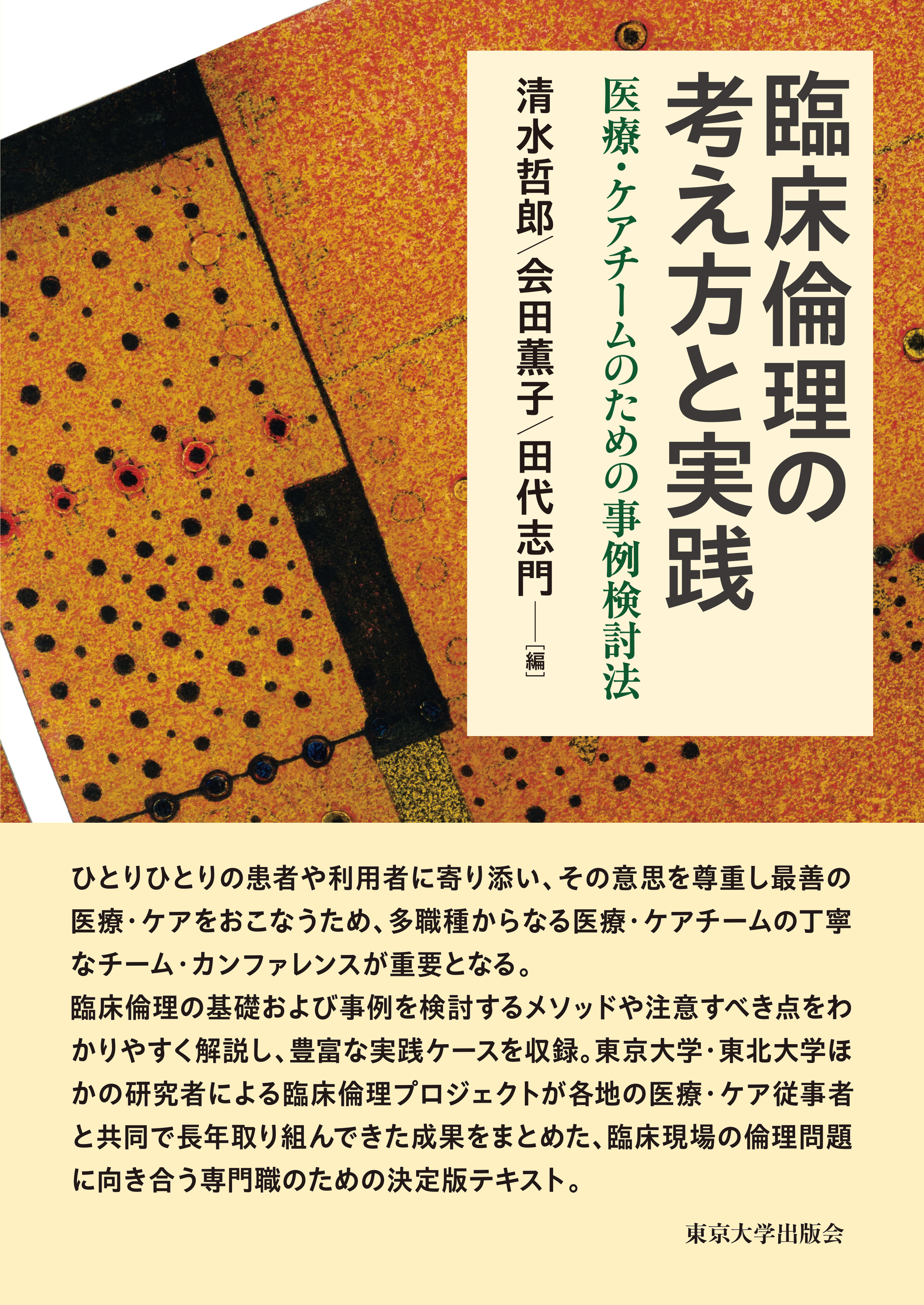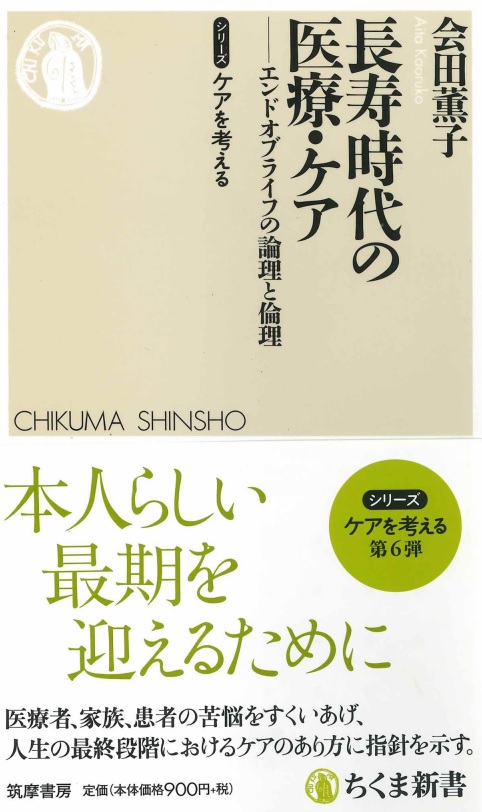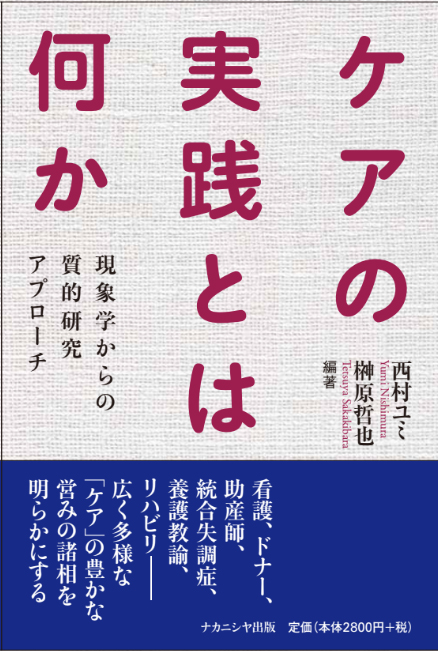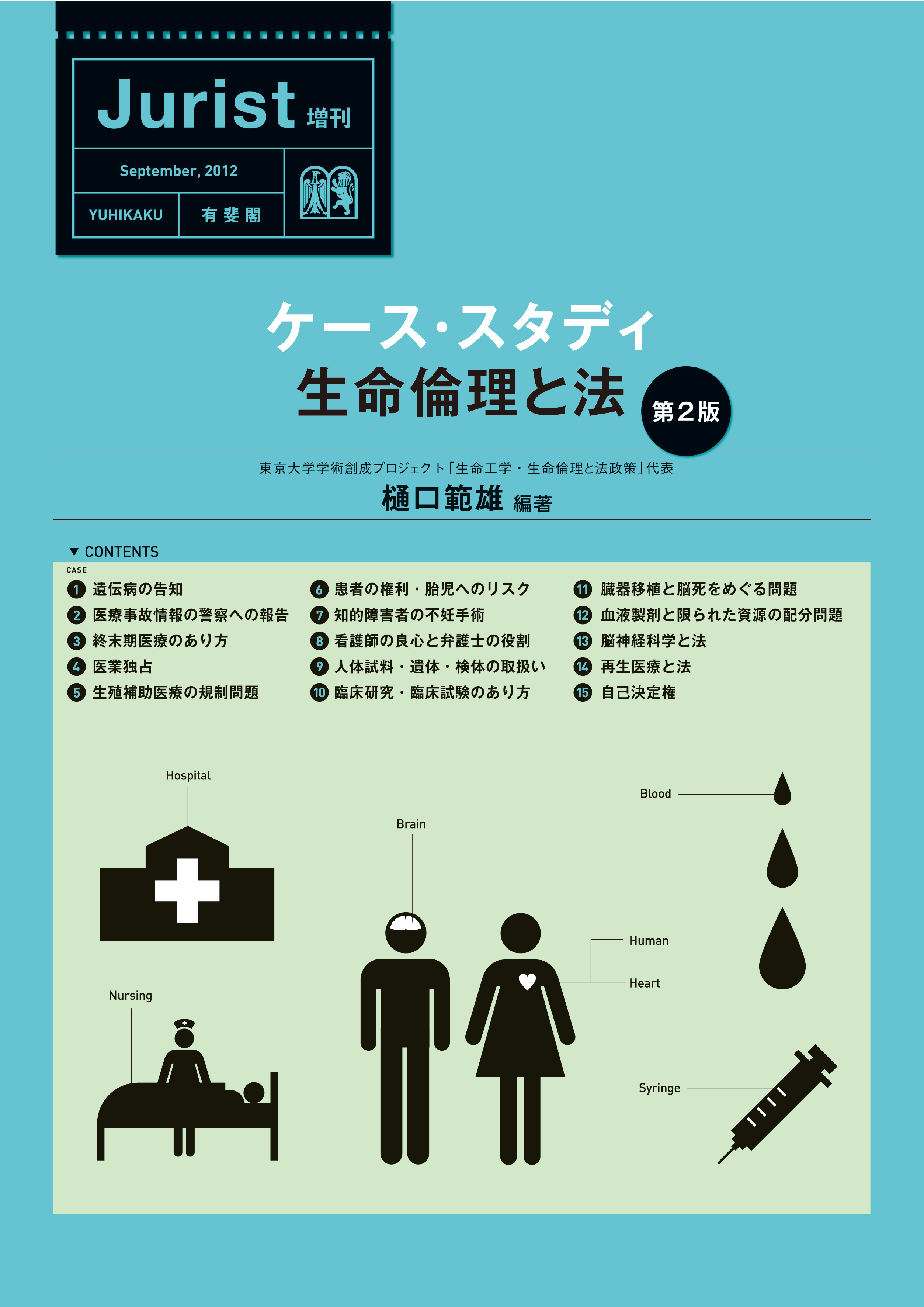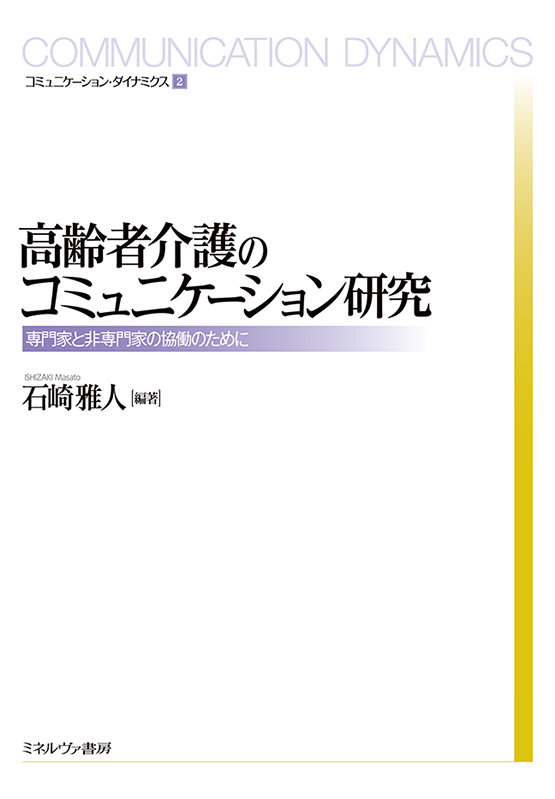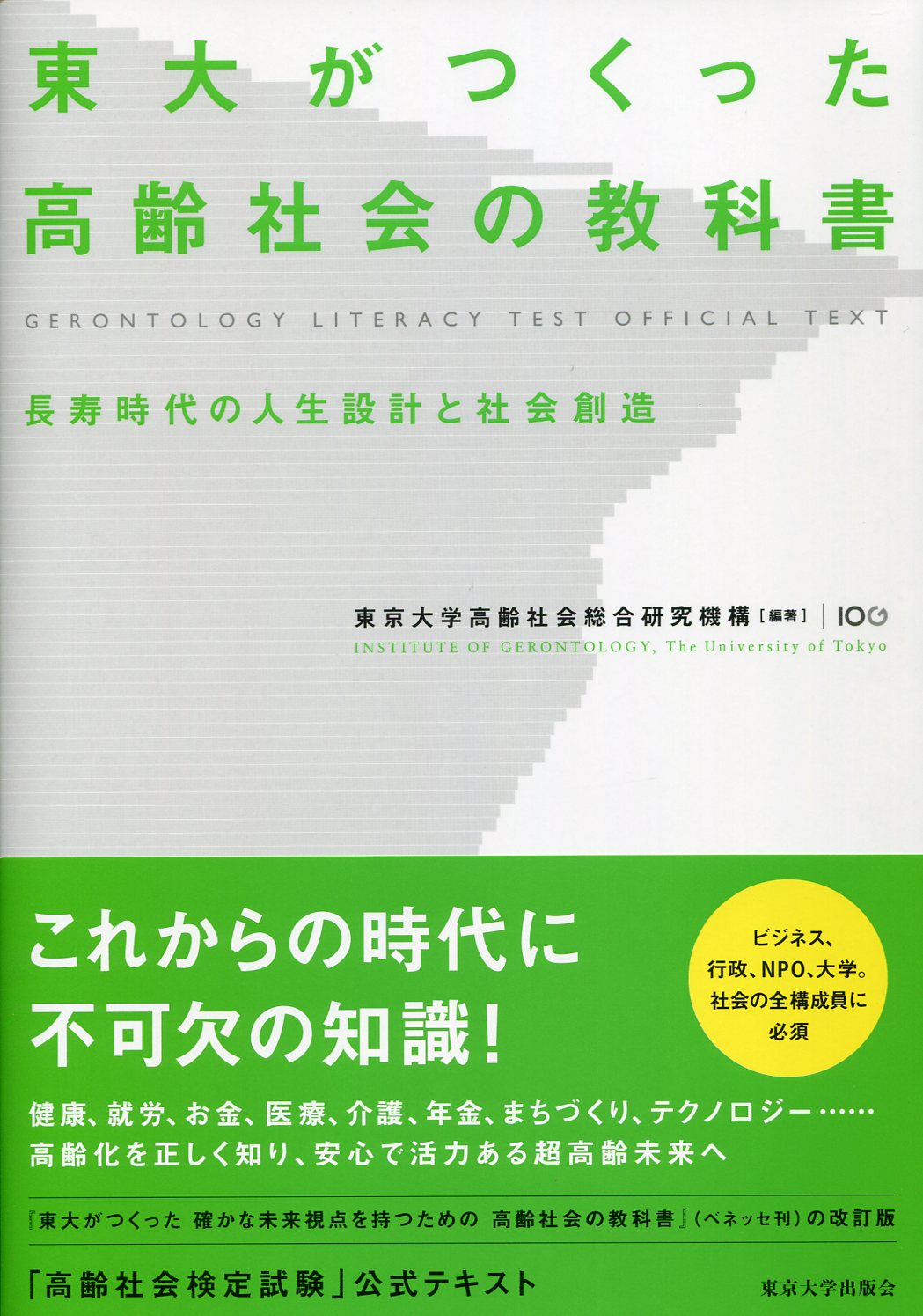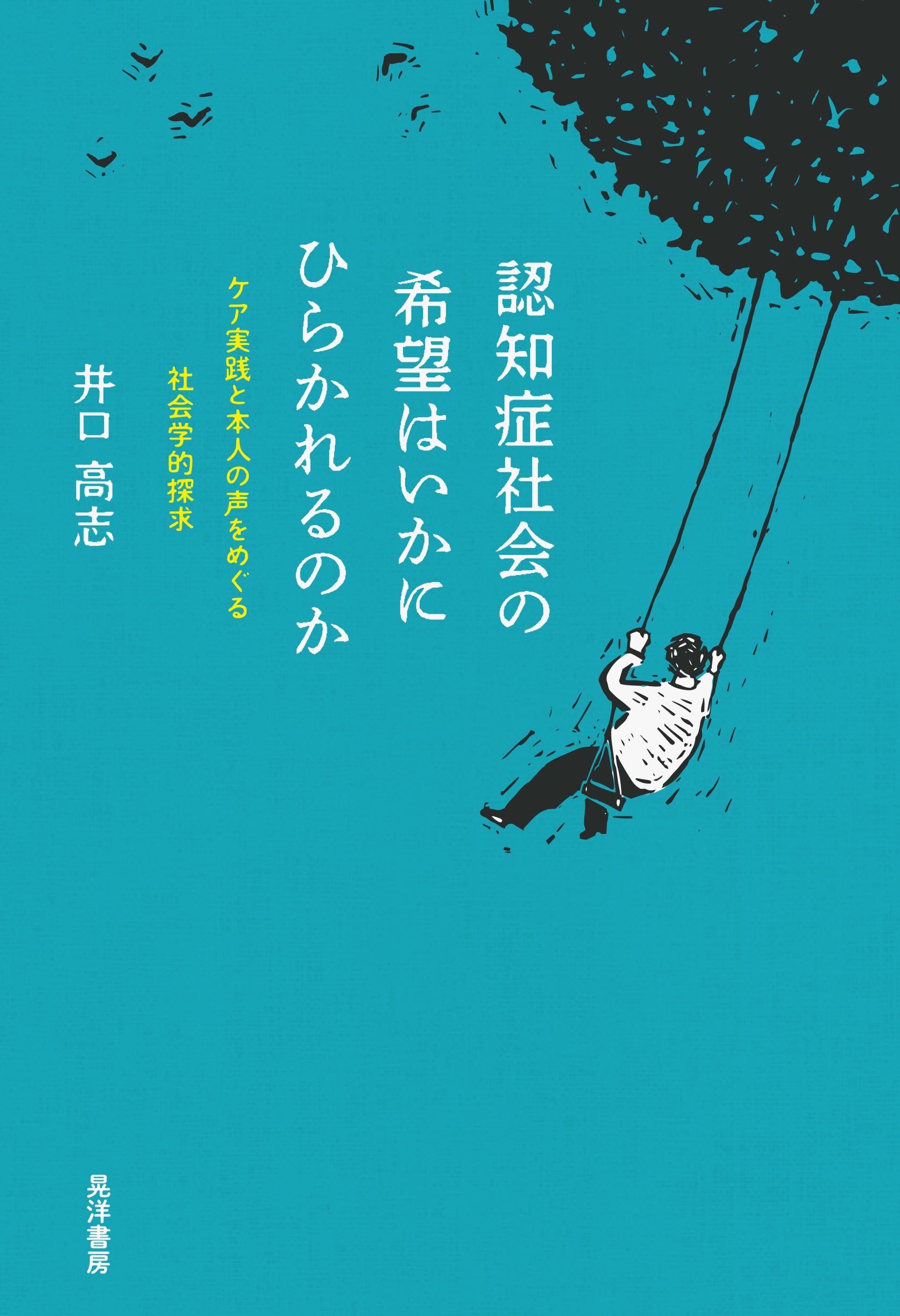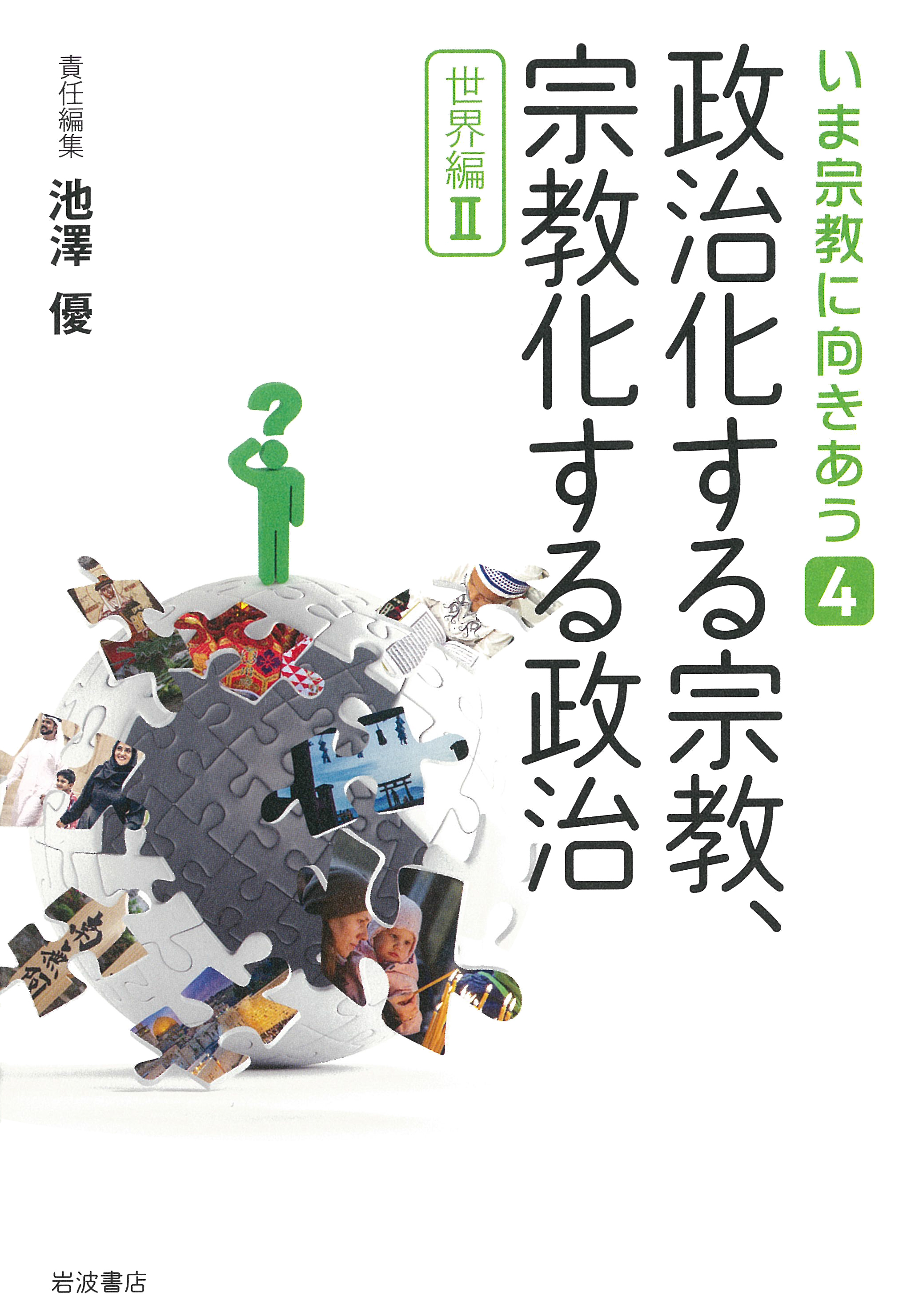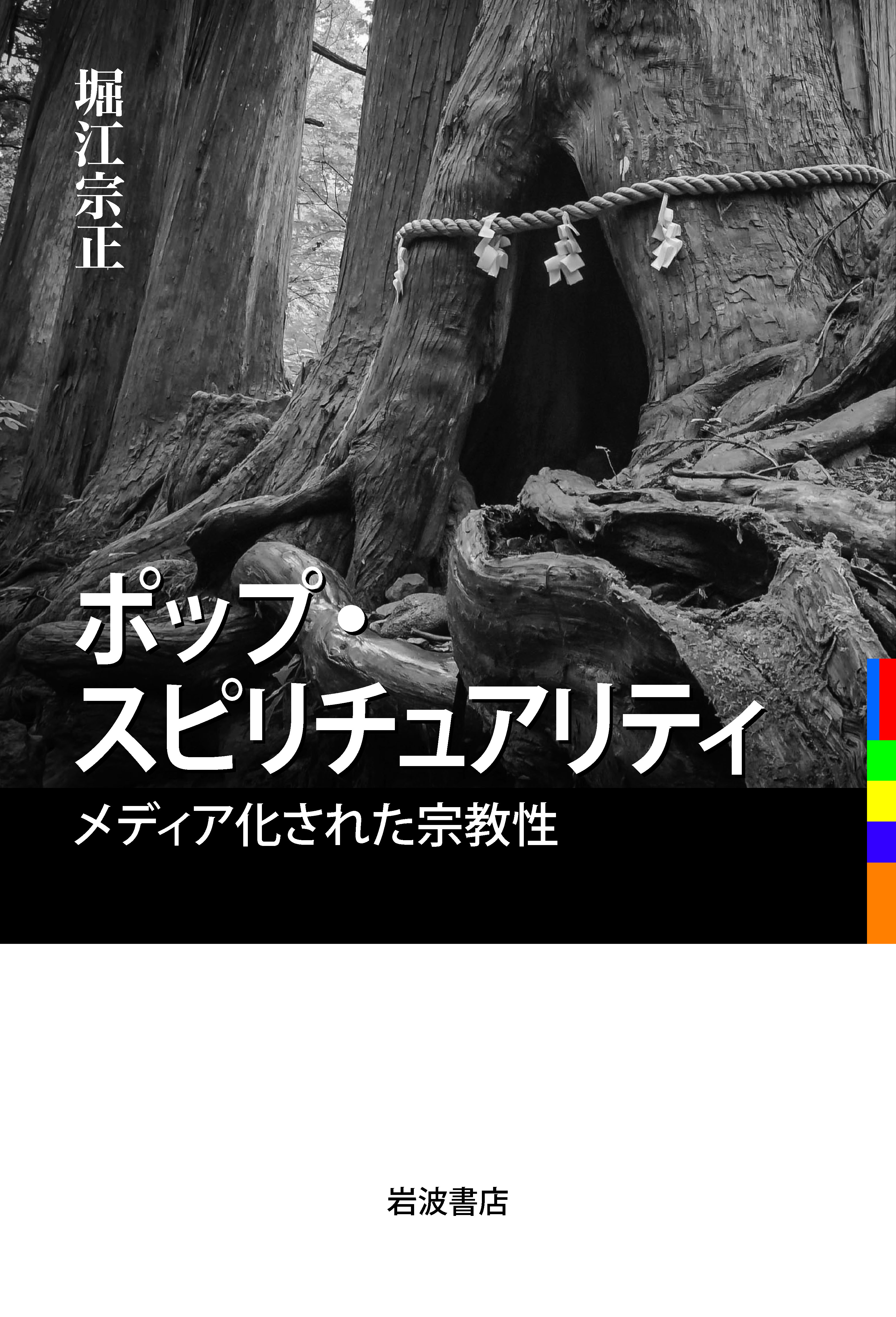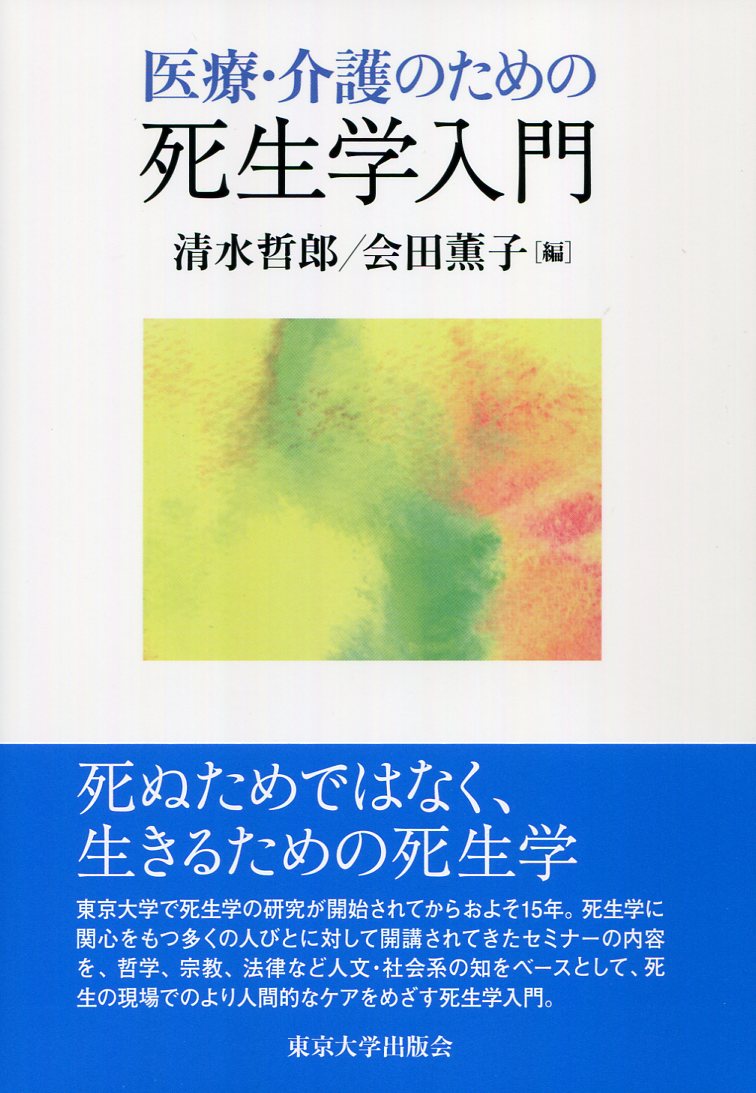
Title
Iryo-Kaigo no tameno Shiseigaku-Nyumon (Introduction to Death and Life Studies for Medical and Nursing Care)
Size
272 pages, 127x188mm
Language
Japanese
Released
August 29, 2017
ISBN
978-4-13-012063-0
Published by
University of Tokyo Press
Book Info
See Book Availability at Library
Japanese Page
Death and life studies is not simply the study of death but rather the study of life and death as a whole, as death is a part of life and is accompanied by life. Death and life studies broadly considers how humans have understood and responded to life and death in the context of the humanities. In this sense, death and life research at the University of Tokyo was conceived of not so much as thanatology (the study of death) but rather as death and life studies, and proceeds as an interdisciplinary research project that focuses on the humanities and social sciences.
Clinical death and life studies, which is one area of death and life studies, is a discipline that works to provide practical knowledge at the clinical site. It attempts to provide the findings obtained from death and life studies in a way that facilitates medical treatment and care in response to the needs of the patient, their family, and caregivers at medical institutions, nursing facilities, or in the home.
How should medical and nursing care be provided to support each person in living out his or her life, which is necessarily limited, in his or her own way? Death and life researchers, including those in clinical death and life studies, work to help patients to live optimally until the end of their lives, and strive to provide knowledge to increase the practical power of medical and nursing care employees, who provide support for those whose lives are in critical circumstances and their families.
Death and life research at the University of Tokyo is based in the Graduate School of Humanities and Sociology/Faculty of Letters. The faculty has obtained competitive funding from the Japanese government to create a base for leading research, as a 21st Century COE (Center of Excellence) and as a Global COE. Since 2002, the Death and Life Studies project has operated with the cooperation of the School of Medicine, the School of Law, the School of Education, and others. As a result of this project, the Center for Death and Life Studies and Practical Ethics was founded in 2011.
From the beginning, the faculty members specializing in death and life studies at the University of Tokyo have been researchers from various fields in the humanities and social sciences (i.e., academics). They have taken different approaches to death and life studies in accordance with the methods of research employed in their academic fields. However, death and life studies draws the attention of society. Because we will all eventually die, we are interested in death as it relates to ourselves and our family members. Therefore, a viewpoint that does not treat medical and nursing care, which is concerned with the lives and deaths of real people, as a field of study cannot stand as the basis of death and life studies.
Tetsurō Shimizu (clinical ethics, clinical death and life studies), Tetsuya Sakakibara (philosophy), Kaoruko Aita (clinical ethics, clinical death and life studies), and Kōji Yamazaki (death and life studies, sociology) have been actively engaged in research with a direct link to clinical practice. These faculty members, of whom Shimizu and Yamazaki are now at other universities, have also been the primary contributors regarding death and life studies related to the clinical site. Susumu Shimazono (religious studies, death and life studies), as the leader of the Death and Life Studies project after its appointment as a 21st Century COE, Masaru Ikezawa (religious studies, death and life studies), as the head of the Center for Death and Life Studies and Practical Ethics, and Norichika Horie (death and life studies, religious studies) have written extensively on their activities as full-time faculty members of the Center. Shimazono, emeritus professor of the University of Tokyo, is also working at another university now. Norio Higuchi, emeritus professor in the School of Law, has been a contributor since the beginning of the Death and Life studies project, and has provided useful advice regarding problems in death and life from a legal perspective.
Activities in the field of clinical death and life studies at the Graduate School of Humanities and Sociology/Faculty of Letters include a seminar titled “Death and Life Studies for Medical and Nursing Care Providers,” which has been held each year since 2007. The authors are the main lecturers for this seminar. This book has benefitted from contributions based on the lectures from this seminar.
(Written by AITA Kaoruko, Project Professor, Graduate School of Humanities and Sociology / 2018)



 Find a book
Find a book


 eBook
eBook